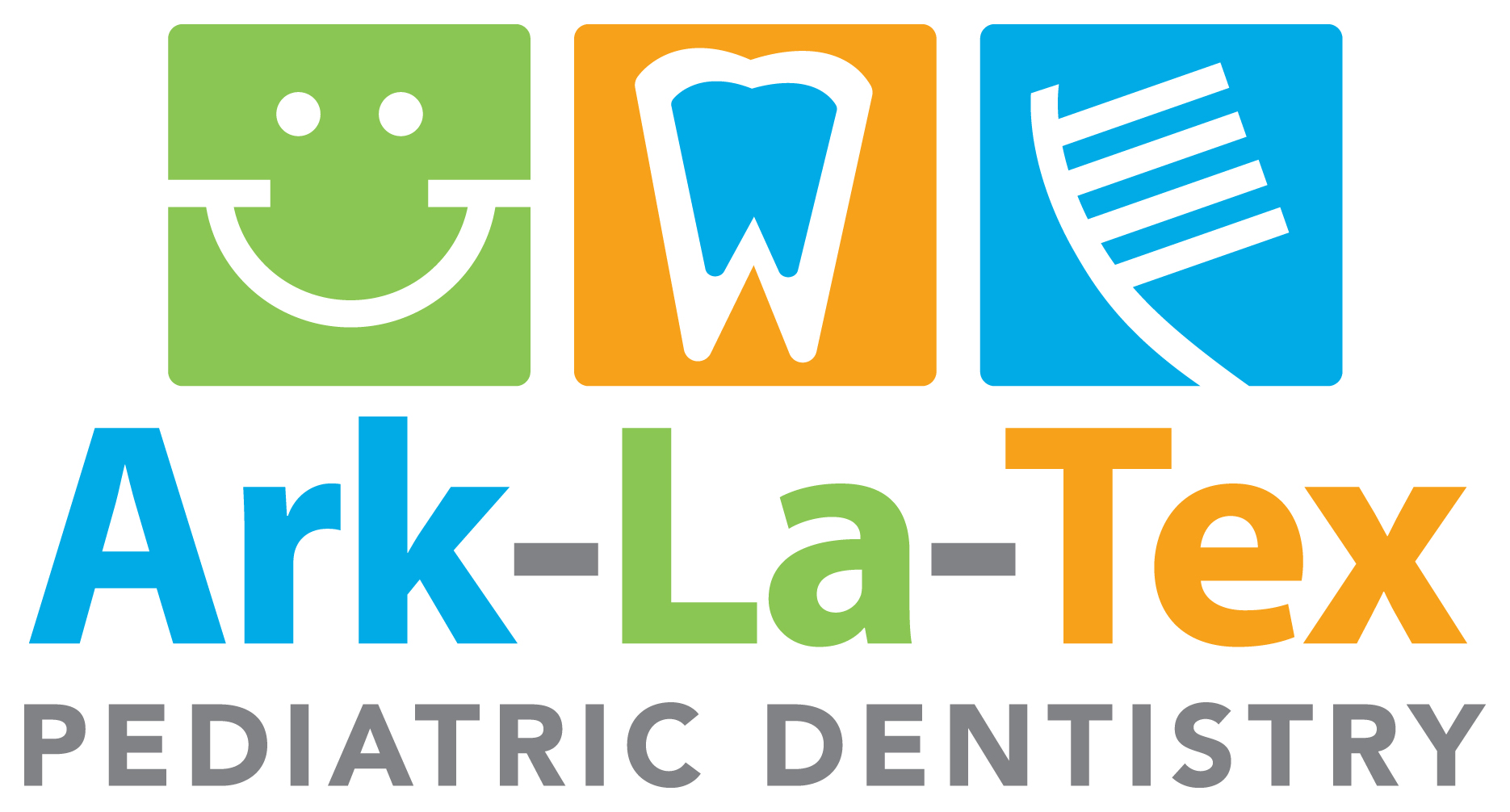Wisdom teeth are the final set of molars that tend to appear after adolescence (when a person is more “wise” — thus the name “wisdom teeth”). Their emergence can be painful, resulting in impacted wisdom teeth or damaged tooth alignment if allowed to come in fully. In fact, wisdom teeth removal is called for in 85% of dental cases.
Why Is Wisdom Teeth Removal Necessary?
Poor alignment and impaction are the two main reasons wisdom teeth removal becomes necessary. When the final set of molars erupts (grows in) at an angle, it sometimes pushes on nearby straight teeth, altering their alignment. This is painful and can cause damage to neighboring teeth, as well as injure nerves and the jawbone. Impacted wisdom teeth result from either the last set of molars developing but failing to erupt — instead remaining encased in the jaw’s soft tissue — or from only partially erupting, creating a passageway for bacteria to get into the soft tissue.
What Are Common Complications Associated with Wisdom Teeth?
In an effort to avoid the pain and complications associated with impacted wisdom teeth and tooth misalignment, Texarkana and New Boston dentist Dr. Brian Steele’s approach to your family’s ongoing dental healthcare plan will include the monitoring and removal of wisdom teeth. Typically, the earlier the need for wisdom teeth removal is identified, the better; early removal can prevent damage to neighboring healthy teeth, bone, gum tissue, nerves, and blood vessels.

